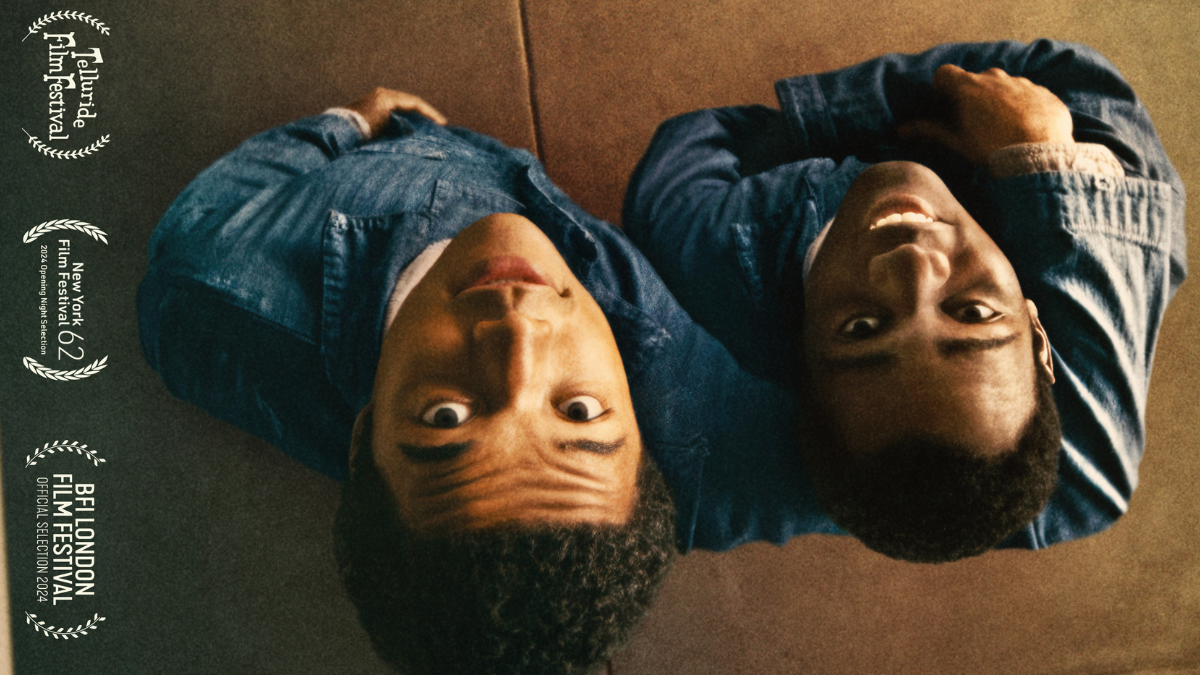Perhaps instead of asking for whom is a black film made, we need to establish what a black film is, and if there even is such a thing as a black film.
Another ticklish question.
Films should be released wide, so people have the opportunity to see them.
Well, no. A public library, for example, has limited shelf space and limited funds. We cannot even entertain the question of whether a particular library should shelve every book until we have established that it has unlimited shelf space and unlimited funds. Distributors, like libraries, have to make decisions which might seem prejudicial or censorious, but which are fundamentally practical. How do we serve our public? Not every film can have a wide release in a brick and mortar theater. Streaming services, print-on-demand vendors, and other internet age innovations have radically democratized our access to a diverse array of products, but a film in a theater (when I was a kid working in a theater, we were always reminded that it cost a hundred dollars to strike the bulb to show a film, even if there was only one person who bought a ticket) only has so many screens and must turn make money to stay afloat. And it is increasingly difficult to do this, because they are competing with these many new internet-age innovations.
Film distributors should release the film as wide as possible,
They should distribute a film as widely as
profitable, at least this is the case if they want to continue in the business of distributing films.
If you see a moral obligation, you might start a charity or call upon taxation of the public to help pay for such distribution, but then we would get into the heated question who would be given "diversity bucks" to help pay for promotion and distribution of art and we would be entering into the the realm of government propaganda as the state, through taxation, would be privileging the messages it wanted us to consume.
If anything, diversity narratives are overrepresented in modern art. A typical film or TV show will feature many more transgender, homosexual, and mixed race couples than we find in the actual population viewing these products. Our dream-weavers are already quite vigilant in regards to programming diversity. You couldn't make
The Thing (1982) today, because of this general sensibility, which paradoxically deprives us of a diversity (i.e., that of exploring male homosociality). Frankly, I don't see a crisis of black films not being given a fair chance. There are plenty of products. They are widely available. No, your local theater should not put itself out of business to increase this representation just a bit more. That's bonkers.



